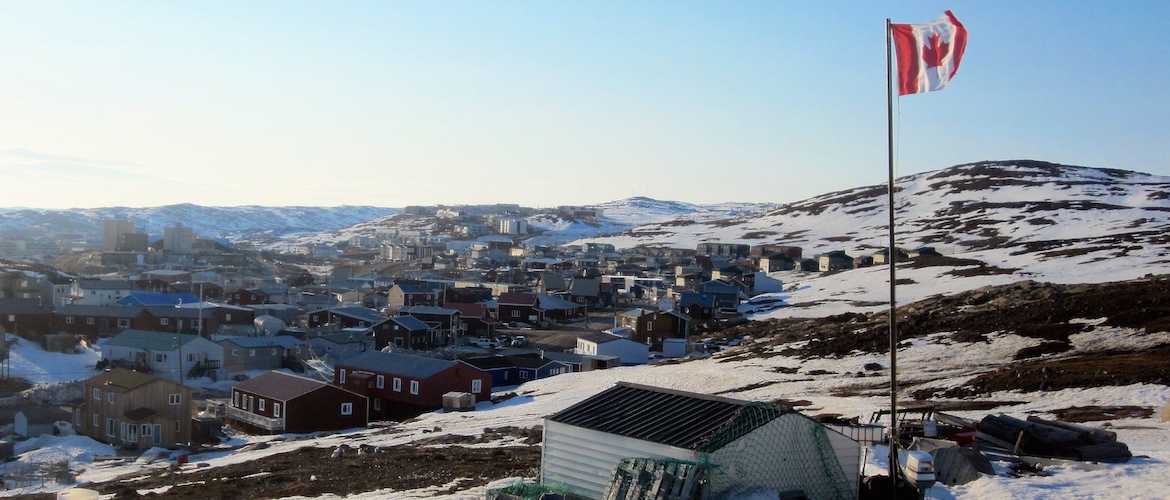Affordable food in the north
Indigenous communities in Northern Canada are experiencing a food security crisis with serious implications for health and well-being. Urgent action is required in the face of this unprecedented public health issue. The solutions must come from the communities themselves and the federal program designed to lower food prices in the North - Nutrition North Canada - needs a complete overhaul to be effective.
Food insecurity is a massive issue in the North:
- Inuit, First Nations, Inuit and Métis adults across the North experience five to six times higher levels of food insecurity than the Canadian national average according to some studies.
- Nearly 70% of Nunavut lives in food insecurity, the highest documented rate amongst Aboriginal populations residing in developed countries. The rate for children in Nunavut is also high at 62%.
- More than 60% of on-reserve Aboriginal households in Northern Manitoba are food insecure.
- Similarly, household food insecurity rates of 70% have been documented in northern Ontario.
Food insecurity in the North is a multifaceted problem. Northerners rely on a mix of traditional (wild) and market food, and both harvesting and food shipping costs are extremely high. Nutrition North Canada (NNC) is failing in its mission to lower the cost of perishable and nutritious food in northern communities by providing northern retailers with a subsidy on a select list of foods.
A range of holistic, coordinated approaches at multiple levels is required to address the food crisis in the North. Northern community members know their realities best and have knowledge and ideas about how to address food insecurity. They do require support though.
Food sovereignty in the North
Government policies and programs at different levels are not well coordinated in the North. The Eat Think Vote campaign calls for these actions towards food sovereignty:
- Developing national food policy that includes the northern context, and the recognition of the right to food for Indigenous Peoples in Canada.
- Providing sustainable funding for Community Food Coordinators in all northern communities, as a mechanism to both act at the local level and inform policy.
- A basic income floor adjusted to reflect northern costs.
Specifically, a complete overhaul of Nutrition North Canada should:
- Re-allocate the Nutrition North subsidy to include non-profit food markets & the transportation of traditional foods.
- Reinstate subsidies for necessary non-food items such as gardening, farming, hunting, gathering and harvesting supplies, and equipment.
- Ensure the cooperation of all levels of government and the coordination of provincial, territorial and federal service providers, departments, and organizations.
- Establish accountability mechanisms, including clear timeframes and benchmarks, to address the current state of food insecurity among northern Canadians.
Get more details on the issue by reading this document.
Food insecurity in the North cannot be ignored. Each of these actions helps make food a more important electoral issue.
- Log in to post comments


